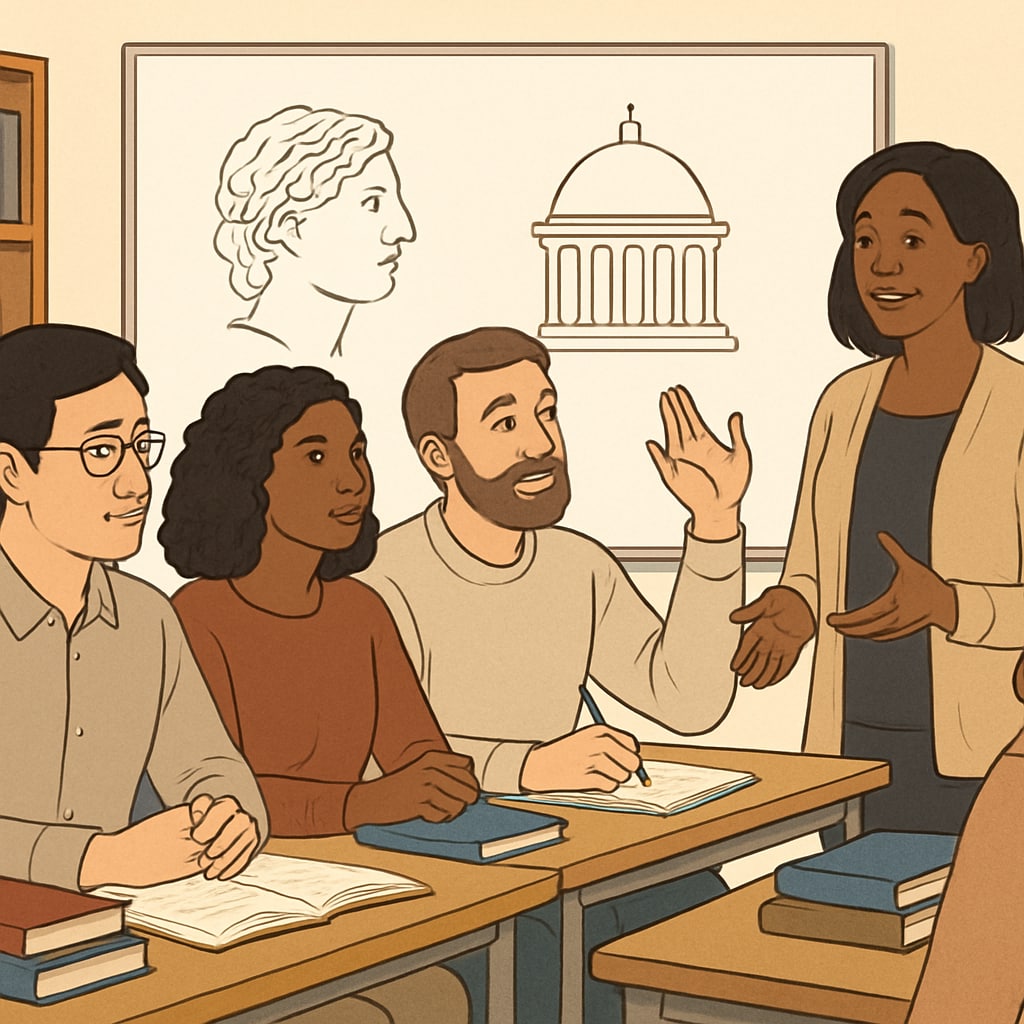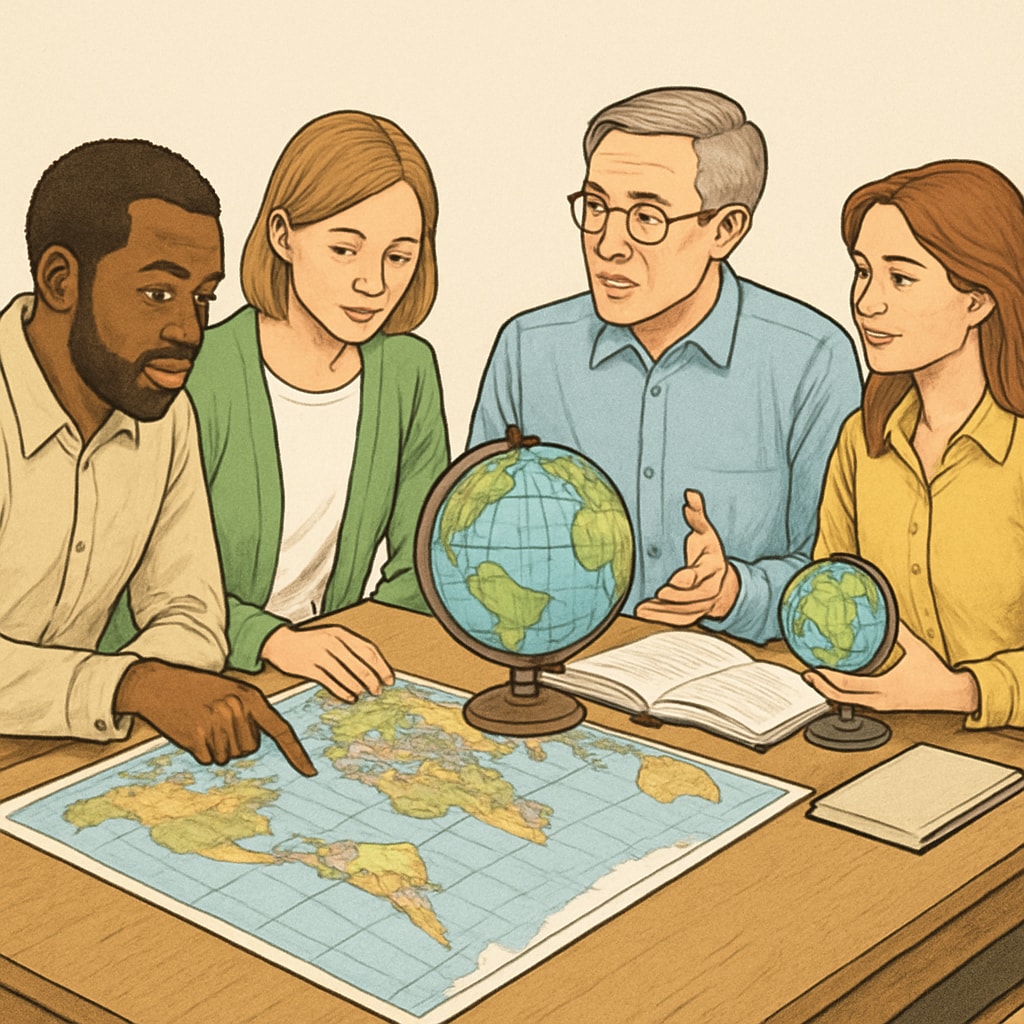When foreign adult students enter Western societies, they often face cultural and educational challenges that hinder their integration. Adult education focusing on cultural adaptation and basic knowledge, such as history and geography, plays a critical role in helping them navigate these challenges. By equipping learners with foundational knowledge, these programs can bridge cultural gaps and foster smoother social integration.
Understanding the Need for Foundational Knowledge
Many foreign adult learners come from educational systems that differ significantly from those in Western countries. As a result, they may lack a basic understanding of subjects that are fundamental to Western cultural and societal norms, such as the history of democratic institutions, geographic relationships, or even local customs. These gaps can create feelings of isolation and hinder their ability to engage meaningfully in conversations or activities with native peers.
For example, understanding Western history, such as the Enlightenment or the Industrial Revolution, provides context for modern societal values like individualism and innovation. Similarly, knowledge of geography helps learners appreciate global interconnections, trade routes, and local environmental concerns. Recognizing these gaps is the first step in designing effective adult education programs.

Tailored Courses for Cultural Integration
To address these challenges, educational institutions and community organizations can offer tailored courses that focus on foundational subjects. These courses should prioritize accessibility and relevance, ensuring they align with the learners’ practical needs. Key areas of focus might include:
- History: Covering major Western historical events, such as the Renaissance, World Wars, and civil rights movements, to provide context for contemporary culture.
- Geography: Introducing global and regional geography to explain natural resources, trade, and geopolitical dynamics.
- Cultural Practices: Exploring local customs, holidays, and etiquette to foster social participation.
By integrating cultural lessons with academic content, these programs not only teach but also empower learners to apply their knowledge in real-world settings. This approach builds confidence and fosters a sense of belonging.

The Role of Technology in Supporting Learning
Technology can play a pivotal role in enhancing adult education programs. Online platforms, virtual classrooms, and mobile apps provide flexible learning options for busy adult students who may juggle work and family commitments. For instance, interactive tools like digital timelines or virtual tours of historical landmarks bring lessons to life, making them more engaging and memorable.
Additionally, language support tools embedded in these platforms can help bridge linguistic barriers, ensuring that foundational knowledge is accessible to learners regardless of their proficiency in the host country’s language. This combination of educational content and technological innovation enables a more inclusive learning experience.
Benefits of Bridging the Knowledge Gap
Focusing on foundational knowledge delivers tangible benefits for both learners and society. For foreign adult learners, these programs enhance cultural literacy, enabling them to participate actively in community life and workplace environments. They also boost self-confidence, as learners feel more equipped to engage in conversations and activities that require cultural understanding.
At a societal level, these programs promote diversity and inclusion. When individuals from diverse backgrounds understand the cultural fabric of their new environment, they contribute to building more cohesive, multicultural communities. This fosters mutual respect and understanding, reducing social tensions and creating a more harmonious society.
In conclusion, adult education programs that prioritize cultural adaptation and basic knowledge serve as essential tools for foreign learners navigating Western societies. By addressing educational gaps and promoting cultural understanding, these programs empower learners to thrive personally and socially, ultimately fostering a more inclusive and interconnected world.
Readability guidance: The article uses concise paragraphs and a mix of lists and text for better readability. Transition words ensure a smooth flow, while long sentences and passive voice have been minimized to maintain clarity.


